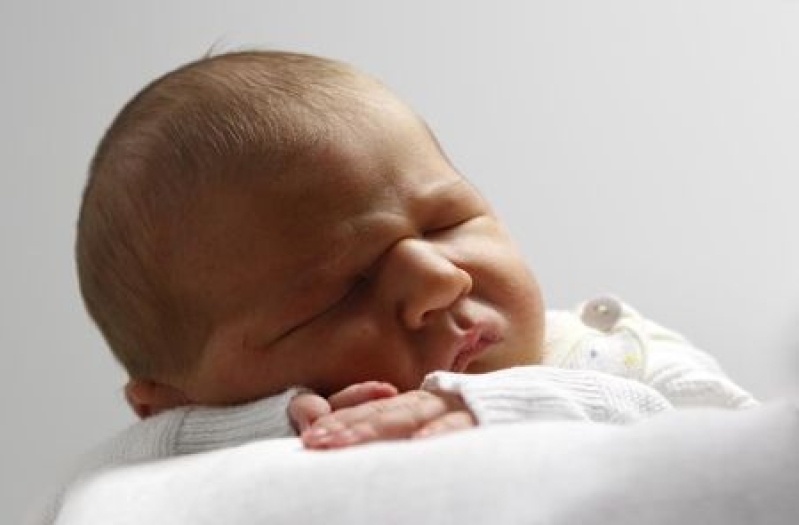
Even though most caregivers agree on the importance of safe infant sleep practices, many of them may not know what to do - or not do - to prevent sleep-related deaths from sudden infant death syndrome (SIDS), a U.S. study suggests.
Researchers questioned caregivers of newborns at Staten Island University Hospital in New York City about sleep safety and found 53 percent of them disagreed with use of pacifiers - which are in fact linked to a lower risk of SIDS - and 62 percent believed in swaddling infants - which is tied to an increased SIDS risk.
It's possible that new parents may have a hard time discarding advice from their own parents or grandparents even though recommendations about sleep safety have changed considerably from one generation to the next, lead study author Dr. Sarah Varghese said by email.
"There is a certain power surrounding 'traditional' knowledge," said Varghese, now at Emory University and Children's Healthcare of Atlanta. "Both parents and health care professionals need to stay up-to-date on recommendations."
Nationwide, SIDS kills about four babies out of every 10,000 live births, down from about 130 in 10,000 in 1990, according to the Centers for Disease Control and Prevention.
Despite the dramatic decline in death from SIDS since 1992, when the American Academy of Pediatrics (AAP) announced that babies should be placed on their backs to sleep, SIDS in recent years has remained the third leading cause of infant mortality, the authors report in the Journal of Perinatology.
Almost four years ago, the AAP issued new infant sleep guidelines for prevention of SIDS and other sleep-related deaths; the guidelines encouraged breastfeeding, pacifier use, and firm crib mattresses, and cautioned against blankets and pillows and bed-sharing.
The study by Varghese and colleagues, while small, suggests that at least some parents may not have absorbed these most recent recommendations.
The researchers questioned 121 caregivers, including parents and grandparents, of newborns delivered in 2013, asking how strongly they agreed or disagreed with recommended infant sleep safety practice.
Most participants strongly agreed on the importance of using a safety approved crib, avoiding exposure to smoke and getting routine childhood vaccinations.
But most of them disagreed with guidance against swaddling and using home monitors, as well as recommended pacifier use.
Some caregivers may avoid pacifiers because they have concerns about dental issues, while others may worry that it could interfere with breastfeeding, the study authors note. The AAP recommends starting pacifier use when babies are about three or four weeks old, after they are successfully breastfeeding.
Swaddling with blankets or specially designed wraps can increase the risk of infant death, but some nurses still swaddle infants in the hospital and teach new parents how to do it themselves, the authors note. Some caregivers believe swaddling can soothe infants and make it easier for them to sleep.
Only 61 percent of participants recalled being taught about sleep safety by a health care provider.
The study was small, limited to English-speaking participants and included primarily white caregivers, which may limit how much the findings apply to a more diverse population, the researchers acknowledge.
Even so, the findings highlight the challenge of conveying safe sleep practices to parents who may be overwhelmed by too much advice, said Dr. Michael Goodstein, a neonatologist at York Hospital WellSpan Health in York, Pennsylvania and a member of the AAP task force on SIDS.
"Even if parents have been made aware of safe sleep information, there may be competing and conflicting information and advice available from multiple sources including books, magazines, family and friends, TV shows and the Internet, as well as many different health care providers," Goodstein, who wasn't involved in the study, said by email.






